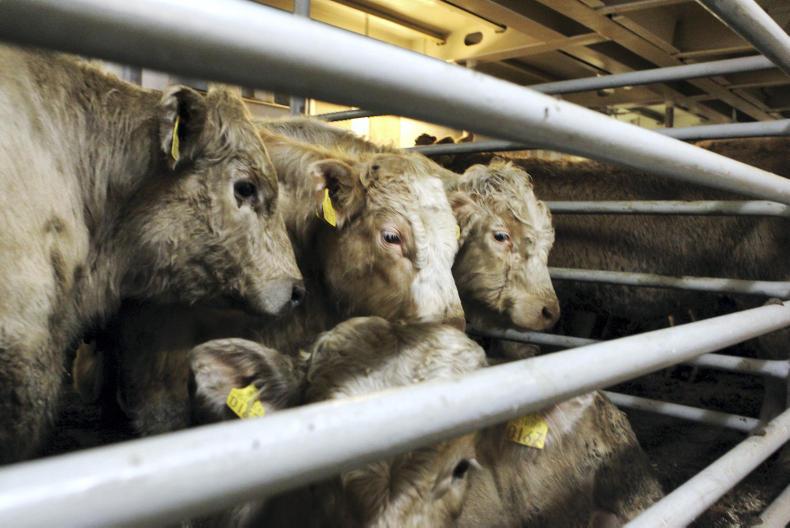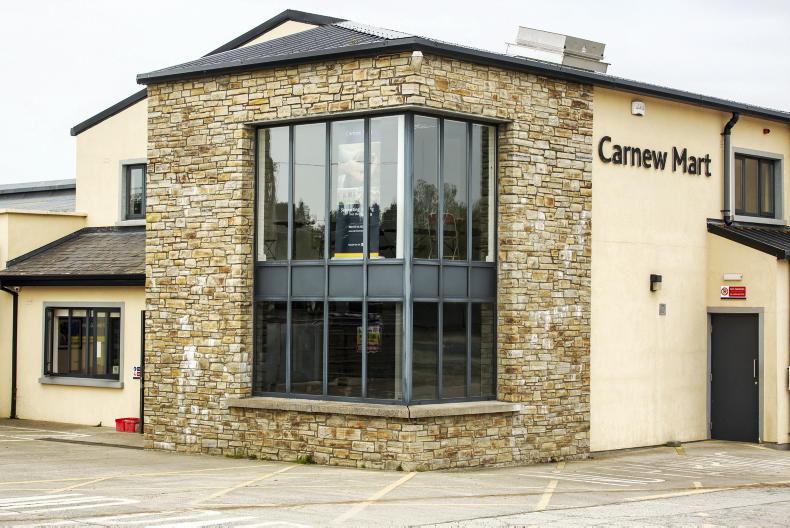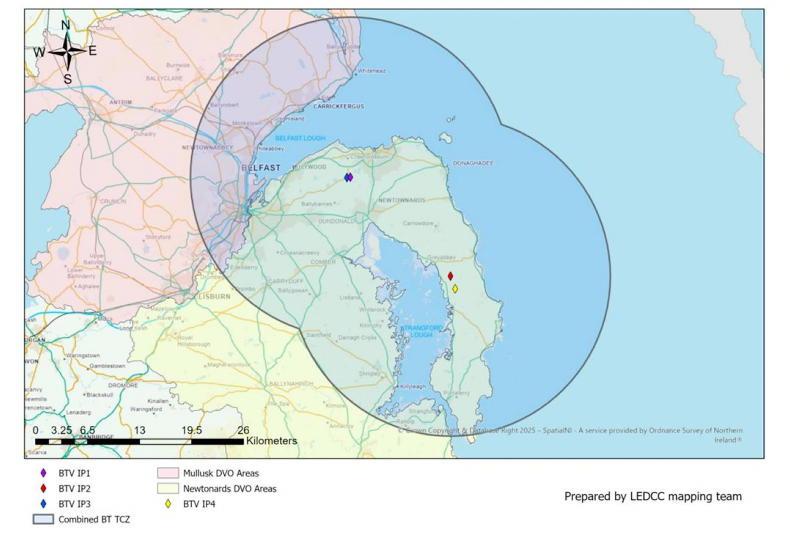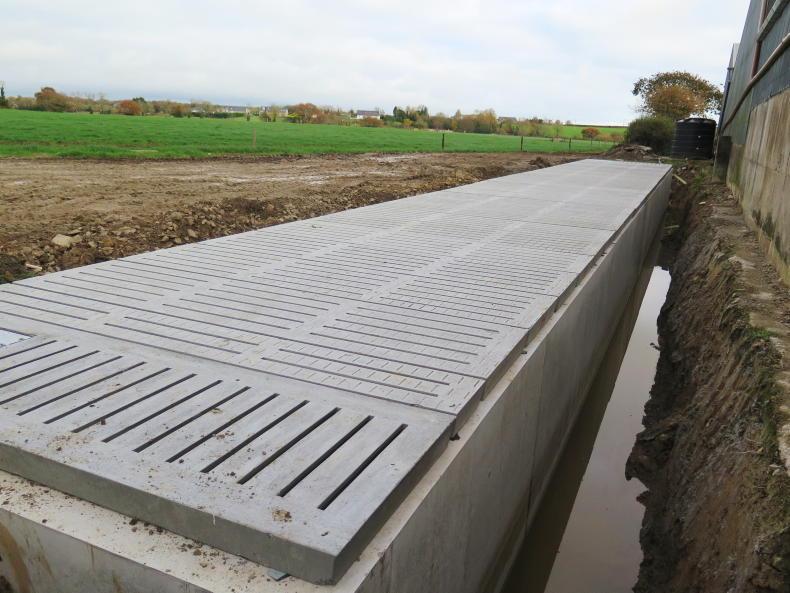A farm in NI that imported a bluetongue-infected heifer from France will have movement restrictions in place for a minimum of 25 days, a DAERA spokesperson has confirmed.
“Restrictions remain in place until DAERA is satisfied there is no circulating virus in the herd,” the spokesperson told the Irish Farmers Journal on Tuesday.
The bluetongue-infected heifer was part of a consignment of nine cattle that were imported from France at the end of November. The animals ended up on a number of different farms across NI, however DAERA has said that all other animals have been traced and are bluetongue negative.
The infected heifer was identified as part of a compulsory blood testing programme that is undertaken by DAERA on all animals imported from bluetongue-affected countries.
Strains of bluetongue continue to circulate in areas of continental Europe and the most prevalent strain, BTV-8, affects an extensive area of France.
DAERA said that there are no plans to extend bluetongue testing to cover animals imported from other areas.
“However, if the situation changes the department will review its procedures,” the spokesperson added. The viral disease affects all ruminants, with common clinical signs including fever, swelling of the head and neck and inflammation of the mouth, nose and eyes. It is spread by midges, but the most likely entry point into NI is through importing infected livestock.
The advice to farmers is to not import animals from bluetongue-affected countries. Animals found to be infected with bluetongue are slaughtered and no compensation is paid.
However, if farmers do decide to import animals from bluetongue regions, DAERA chief vet Robert Huey has recommended that additional assurances are sought from the seller, such as pre-export testing. Animals imported into NI that require a compulsory bluetongue test must be held in isolation on the farm of destination until testing is completed.
“This test is usually done within a week of importation and if negative the movement restriction is lifted,” the DAERA spokesperson said.
Bluetongue was also found in Yorkshire last week in two consignments of cattle that were imported from France. None of the cases are deemed an outbreak, as the infection did not circulate. There has never been a bluetongue outbreak in NI and the UK has been free of it since 2011.
Read more
Bluetongue detected in Yorkshire
Bluetongue detected in Northern Ireland
A farm in NI that imported a bluetongue-infected heifer from France will have movement restrictions in place for a minimum of 25 days, a DAERA spokesperson has confirmed.
“Restrictions remain in place until DAERA is satisfied there is no circulating virus in the herd,” the spokesperson told the Irish Farmers Journal on Tuesday.
The bluetongue-infected heifer was part of a consignment of nine cattle that were imported from France at the end of November. The animals ended up on a number of different farms across NI, however DAERA has said that all other animals have been traced and are bluetongue negative.
The infected heifer was identified as part of a compulsory blood testing programme that is undertaken by DAERA on all animals imported from bluetongue-affected countries.
Strains of bluetongue continue to circulate in areas of continental Europe and the most prevalent strain, BTV-8, affects an extensive area of France.
DAERA said that there are no plans to extend bluetongue testing to cover animals imported from other areas.
“However, if the situation changes the department will review its procedures,” the spokesperson added. The viral disease affects all ruminants, with common clinical signs including fever, swelling of the head and neck and inflammation of the mouth, nose and eyes. It is spread by midges, but the most likely entry point into NI is through importing infected livestock.
The advice to farmers is to not import animals from bluetongue-affected countries. Animals found to be infected with bluetongue are slaughtered and no compensation is paid.
However, if farmers do decide to import animals from bluetongue regions, DAERA chief vet Robert Huey has recommended that additional assurances are sought from the seller, such as pre-export testing. Animals imported into NI that require a compulsory bluetongue test must be held in isolation on the farm of destination until testing is completed.
“This test is usually done within a week of importation and if negative the movement restriction is lifted,” the DAERA spokesperson said.
Bluetongue was also found in Yorkshire last week in two consignments of cattle that were imported from France. None of the cases are deemed an outbreak, as the infection did not circulate. There has never been a bluetongue outbreak in NI and the UK has been free of it since 2011.
Read more
Bluetongue detected in Yorkshire
Bluetongue detected in Northern Ireland









SHARING OPTIONS